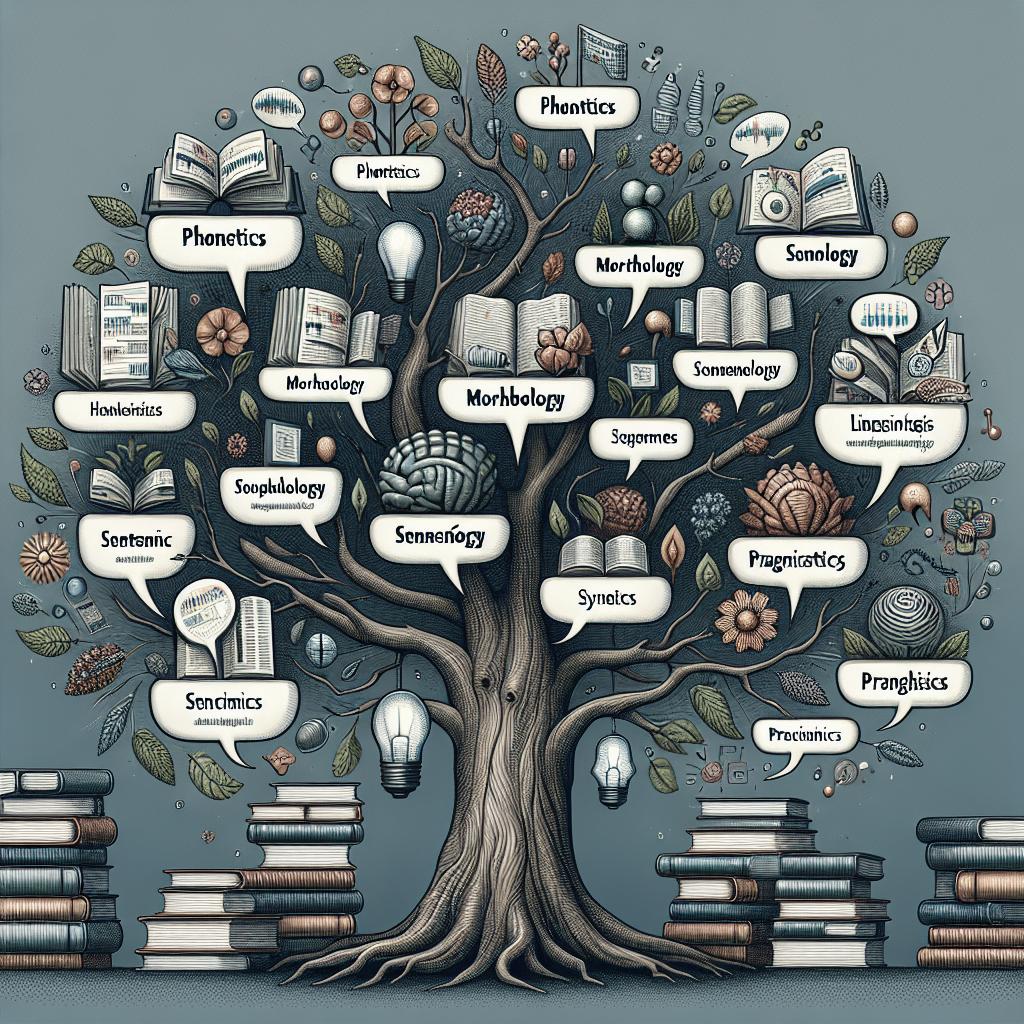<>
« `
Cognitive linguistics is a fascinating field that explores the intersection between language and the human mind. It aims to understand how our mental processes influence the way we use and understand language. This blog post delves into various observations that have been made within this discipline, the intricate relationship between cognitive models and cultural models, and the current state of research in cognitive linguistics. We will also compare the roles of cognitive psychologists and cognitive linguists, highlighting their individual contributions and differences. By the end, you’ll gain valuable insights into how cognitive linguistics shapes the way we perceive and interact with language.
Observations
One of the fundamental observations in cognitive linguistics is the idea that language is not just a system of rules and structures but also a reflection of our mental processes. For instance, metaphors are not just linguistic embellishments, but cognitive tools that shape our understanding and experience of the world. When we say someone is « feeling down, » we’re not merely using a phrase; we’re engaging in a cognitive process that uses physical orientation to conceptualize emotions.
Another critical observation is the interdependence between language and thought. Cognitive linguists argue that the way we use language can reveal much about our cognitive functions. For example, pronouns, verb tenses, and even word choices can indicate how we perceive time, identity, and causality. This field posits that understanding language involves not just learning words and grammar but also grasping the mental operations behind them.
Cognitive Models and Cultural Models
Cognitive models are mental representations that help individuals make sense of their experiences. These models often manifest in language as ways to categorize and frame our knowledge of the world. For example, the concept of « time as a resource » is a cognitive model that influences expressions such as « saving time » or « wasting time. » Such models are indispensable for both everyday communication and complex problem-solving.
Cultural models, on the other hand, are shared cognitive models rooted in the cultural context. They guide how members of a culture understand and interpret their world. For example, different cultures may conceptualize time differently – some see it as linear, others as cyclical. These cultural models are reflected in language, affecting everything from idiomatic expressions to storytelling traditions. Thus, cognitive and cultural models together offer a comprehensive view of how language operates as a social and individual phenomenon.
Research in Cognitive Linguistics
Research in cognitive linguistics often employs interdisciplinary methods, combining insights from psychology, neuroscience, anthropology, and even computer science. One promising avenue of research is the study of neurocognitive processes involved in language comprehension and production. By using fMRI and EEG, researchers can observe the brain regions activated during language tasks, offering a biological basis for cognitive linguistic theories.
Another significant area of research is the examination of language acquisition and development. By studying how children learn languages, cognitive linguists can identify the innate cognitive structures that facilitate this process. Moreover, cross-linguistic studies enable researchers to compare cognitive mechanisms across different languages and cultures, enriching our understanding of universal cognitive patterns and specific linguistic phenomena.
Cognitive Psychologists vs. Cognitive Linguists
Cognitive psychologists and cognitive linguists often work towards similar goals but approach them from different angles. Cognitive psychologists primarily focus on mental processes such as memory, perception, and problem-solving. They employ experimental methods to study how these processes operate and influence behavior. Their work often informs theories in cognitive linguistics by providing empirical data on mental functions.
Cognitive linguists, on the other hand, concentrate specifically on language. While they do consider psychological principles, their focus is on how these principles manifest in linguistic structures and use. They analyze linguistic data to understand underlying cognitive processes, often incorporating findings from cognitive psychology but remaining distinctly rooted in linguistic phenomena. By collaborating, these disciplines can offer a more holistic view of human cognition and language.
Lessons Learned
| Section | Key Points |
|---|---|
| Observations | Language as a reflection of mental processes; language reveals cognitive functions |
| Cognitive Models and Cultural Models | Cognitive models help categorize experiences; cultural models shape shared interpretations |
| Research in Cognitive Linguistics | Interdisciplinary methods; neurocognitive studies; language acquisition and development |
| Cognitive Psychologists vs. Cognitive Linguists | Different focuses but complementary goals; psychologists provide empirical data, linguists explore linguistic manifestations |
« `


